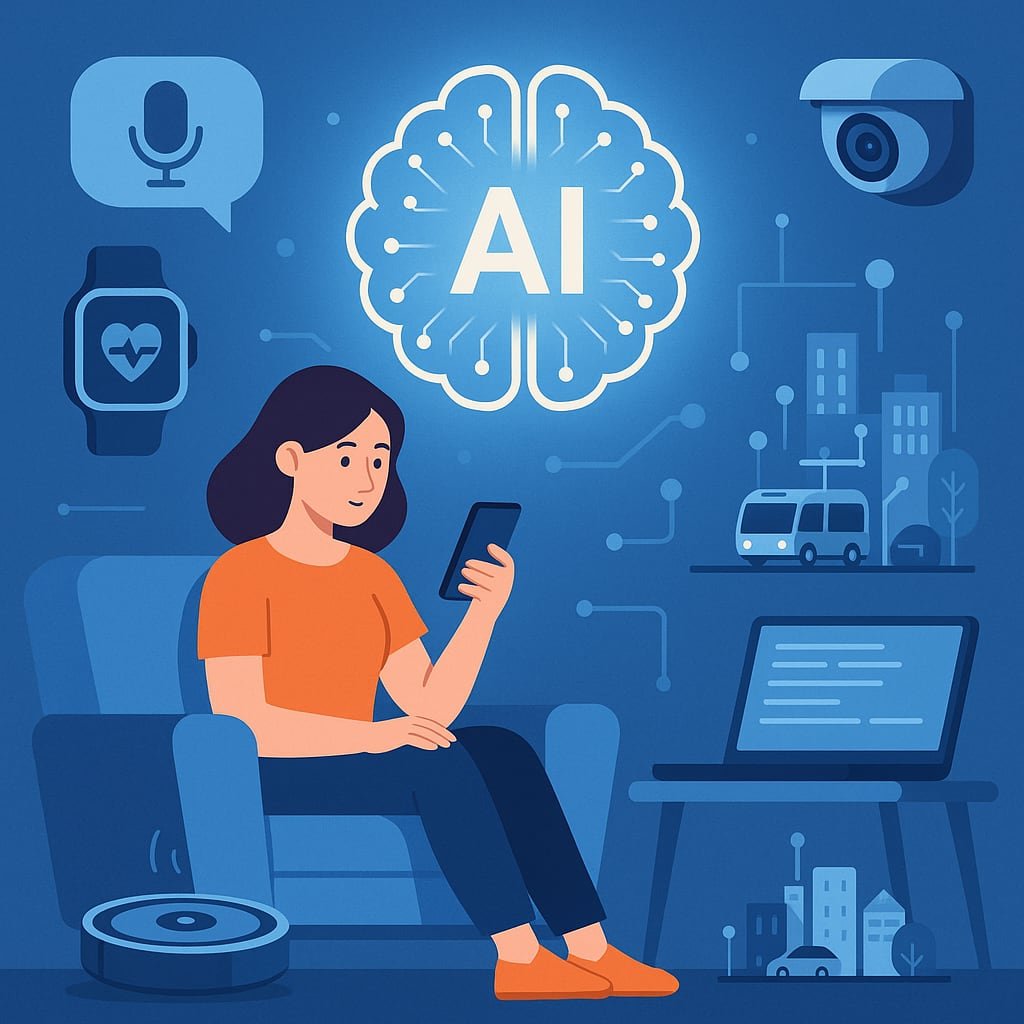Artificial intelligence (AI) has rapidly moved from research labs into everyday life, influencing how we work, communicate, and entertain ourselves. From virtual assistants to predictive algorithms, AI is seamlessly integrated into modern technology.

In business, AI is optimizing operations, enhancing customer experiences, and driving innovation. Companies use AI to analyze massive datasets, predict market trends, and automate repetitive tasks. This efficiency allows organizations to focus on creativity and strategy, resulting in improved services and products.
AI also affects personal life. Voice-activated assistants, recommendation systems for streaming platforms, and smart home devices demonstrate how AI simplifies daily routines. In healthcare, AI aids in early disease detection, personalized treatment plans, and medical imaging analysis.
Despite the advantages, ethical concerns surrounding AI are growing. Privacy, data security, and potential biases in algorithms need careful regulation. Experts stress the importance of responsible AI development, ensuring that technology benefits humanity without compromising safety or fairness.
As AI continues to evolve, it will remain a transformative force across industries and society. Balancing innovation with ethical practices will be crucial in shaping a future where AI enhances, rather than disrupts, human life.